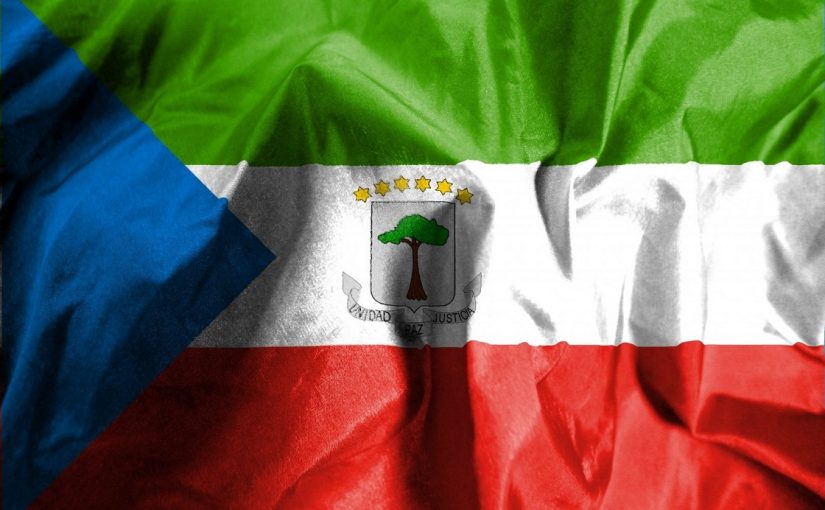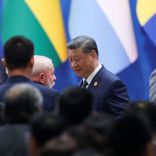China to allow Brazil's ethanol by-product amid Lula visit, US-China trade war
Equatorial Guinea: IMF aid only after action on privatisations, money laundering

Image: Lusa
Equatorial Guinea needs to make more progress on privatisation, anti-money laundering and terrorist financing before it can receive financial assistance, according to International Monetary Fund African Department economist, Thibault Lemaire.
“More progress is needed on privatisation, combating money laundering and terrorist financing,” said Lemaire, speaking to Lusa following the release of the IMF’s report on sub-Saharan Africa as part of the Fund’s Spring Meetings.
“A delegation from Equatorial Guinea took part in these meetings and the IMF continues to work closely with the authorities and is ready to provide technical assistance and more advice to policy makers,” he added.
The African Department economist said that the country’s new minister of finance “has requested the resumption of IMF missions, including one to take stock of the 2019 extended financing programme, which ended without a conclusion and an evaluation” but with an IMF mission to the country planned for May.
“Although slowly, the authorities have implemented several of the reforms under the 2019 programme and under the relief and emergency period in 2021,” Lemaire remarked.
The economist acknowledged that “remarkable results have been achieved in some areas, such as the improvement of public finance management, approval of the anti-corruption law, completion of audits of public oil and gas companies and publication of wealth declarations of senior public officials.”
Equatorial Guinea, which is the latest member of the Community of Portuguese-Language Countries (CPLP), last year recorded a rise in gross domestic product, but is expected to return to recession this year, recording an “even sharper fall in 2024 due to the decrease in hydrocarbon production, the accident at the largest oil well and the depletion of wells, as well as lower prices,” according to the IMF report.
The Fund estimates GDP growth of 1.6% in 2022, followed by two years of recession, with GDP shrinking by 1.8% this year and 8.2% next, according to the report on sub-Saharan African economies released this month at the IMF and World Bank Spring Meetings.













Leave a Reply
Be the First to Comment!
You must be logged in to post a comment.
You must be logged in to post a comment.